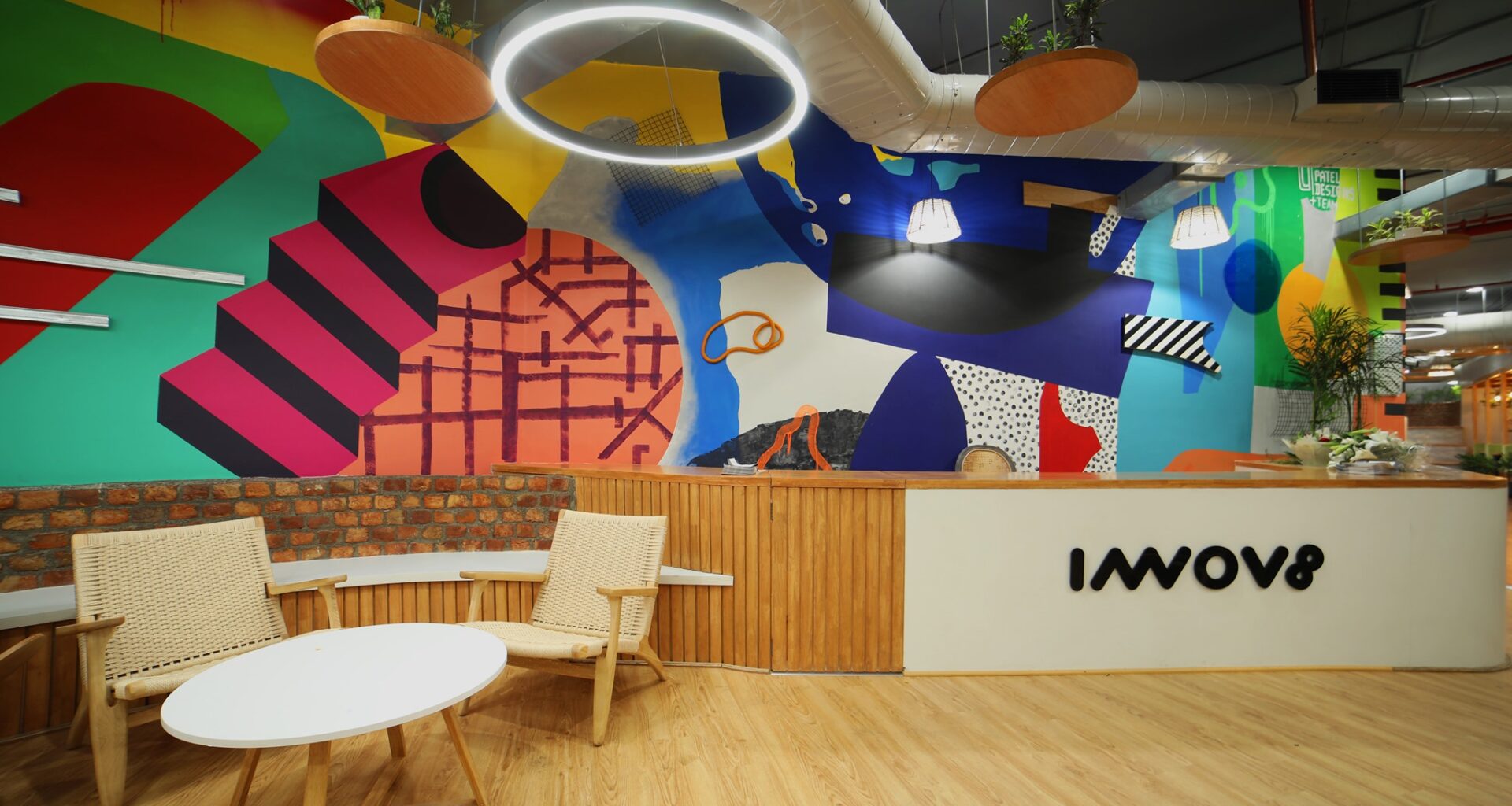Innov8, one of India’s leading coworking startups, has announced ambitious plans to double its network of coworking centers, aiming to operate 100 locations by 2025. Currently, Innov8 runs over 45 centers with a capacity of approximately 17,000 seats across 10 major cities, including Delhi, Gurgaon, Noida, Mumbai, Navi Mumbai, Pune, Chennai, Bengaluru, Ahmedabad, and Hyderabad. The expansion will not only increase the number of centers but also significantly enhance seat capacity to over 50,000.
Innov8’s coworking spaces are designed as tech-enabled workspaces, equipped with advanced audiovisual systems and secure access to facilitate seamless business operations. The centers prioritize connectivity and accessibility, situated close to key transit hubs like metro stations and airports, all while maintaining affordability.
Health and safety are paramount for Innov8, which adheres to strict hygiene protocols and regular sanitization practices. The company also emphasizes sustainability through eco-friendly measures, including energy-efficient lighting and effective waste management systems.
The demand for coworking spaces in India is on the rise, with a report from private equity firm Avendus projecting that the country’s workspace market will grow to 126 million square feet by 2028, up from 61 million square feet in 2023. This growth reflects shifting market dynamics as global capacity centers, startups, solopreneurs, SMEs, and larger enterprises increasingly turn to coworking solutions to enhance productivity and collaboration while optimizing operational costs.
Ritesh Malik, Founder of Innov8, noted that the decision to expand is driven by rising inquiries and occupancy rates, alongside the evolving needs of modern professionals. He highlighted the company’s operational efficiency and competitive pricing strategy as key factors supporting this growth.
Pankhuri Sakhuja, Business Head of Innov8, added that the company is focused on expanding in areas where the demand for flexible, collaborative workspaces is accelerating. Innov8 aims to meet diverse business needs through customized offerings and robust technology integration, facilitating a smooth transition for organizations seeking growth in today’s dynamic economic landscape.
Founded in 2015, Innov8 is rapidly expanding its footprint across India and caters to a diverse clientele, providing workspace solutions to a range of prominent companies.
Also Read: MahaRERA Clarifies Approval Process for Promoter Rights and Liabilities









